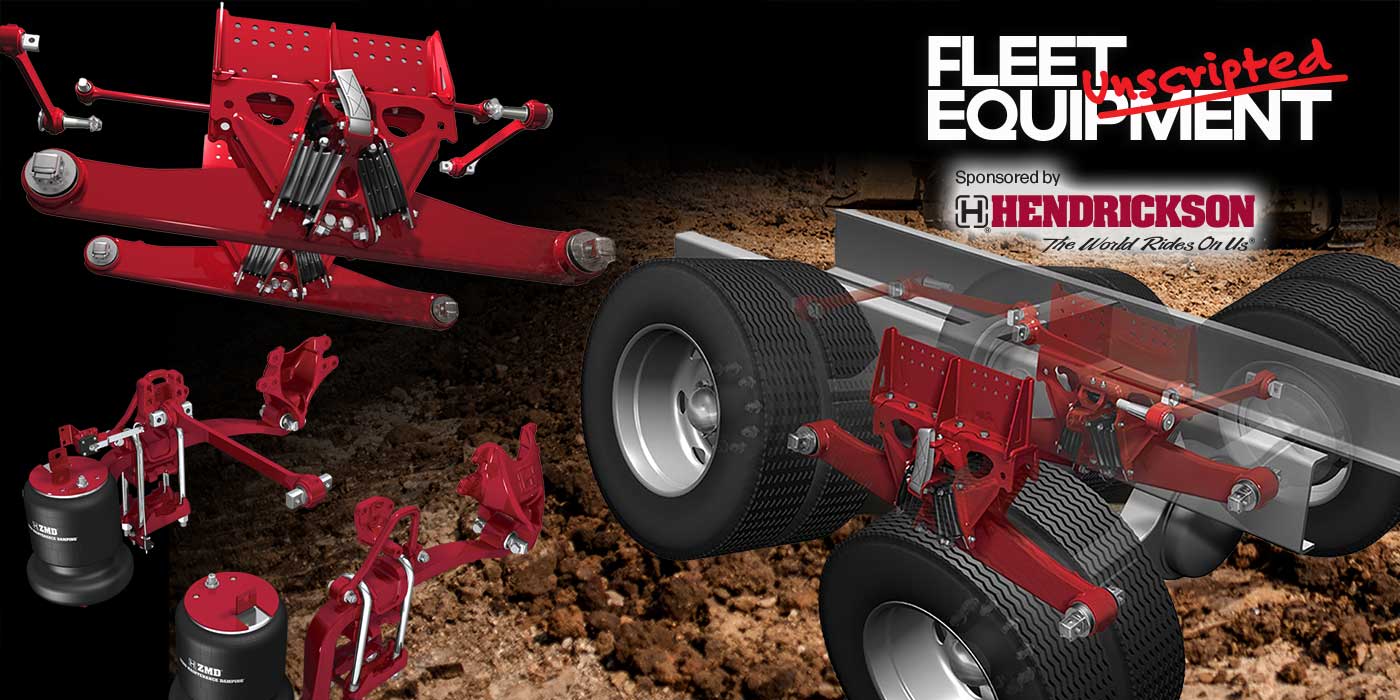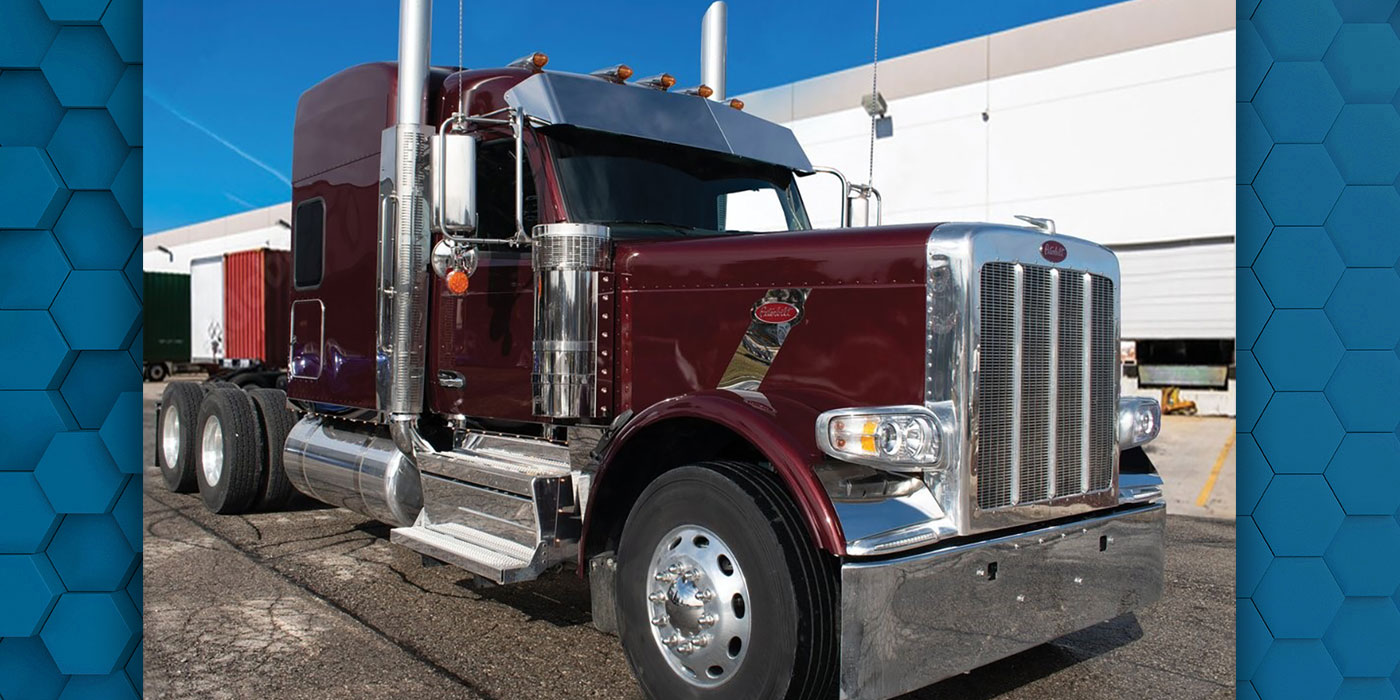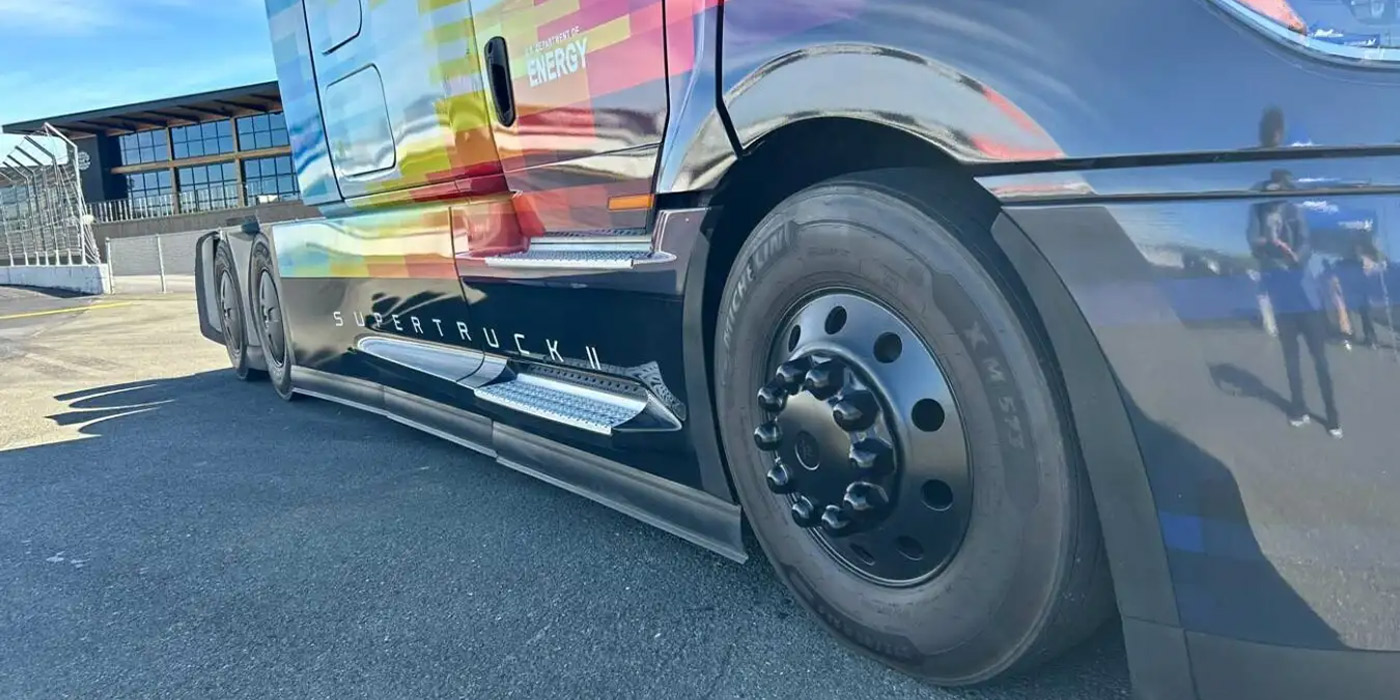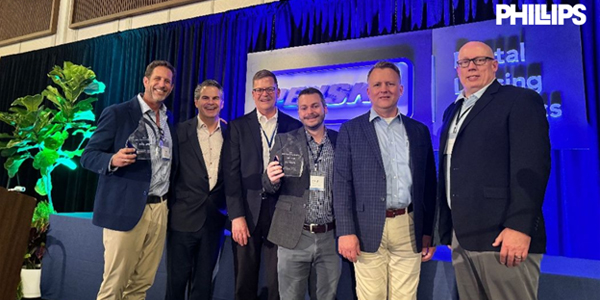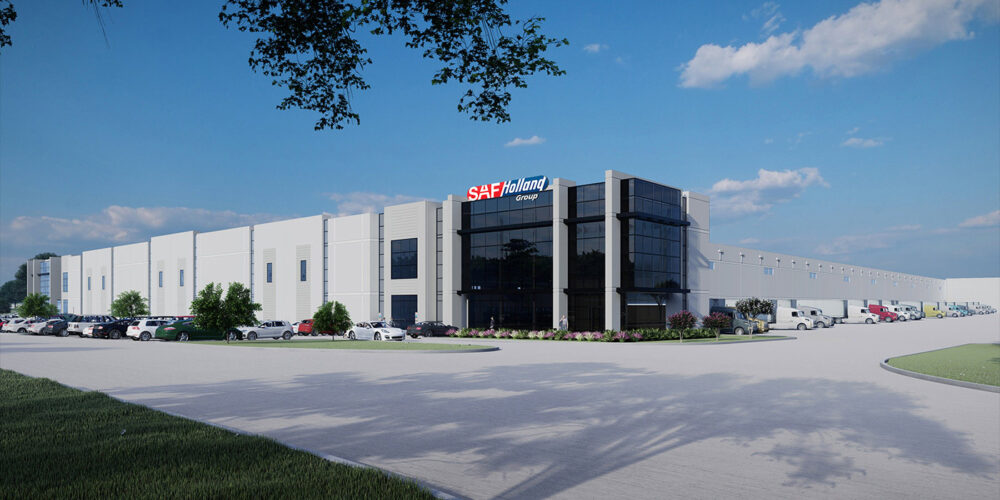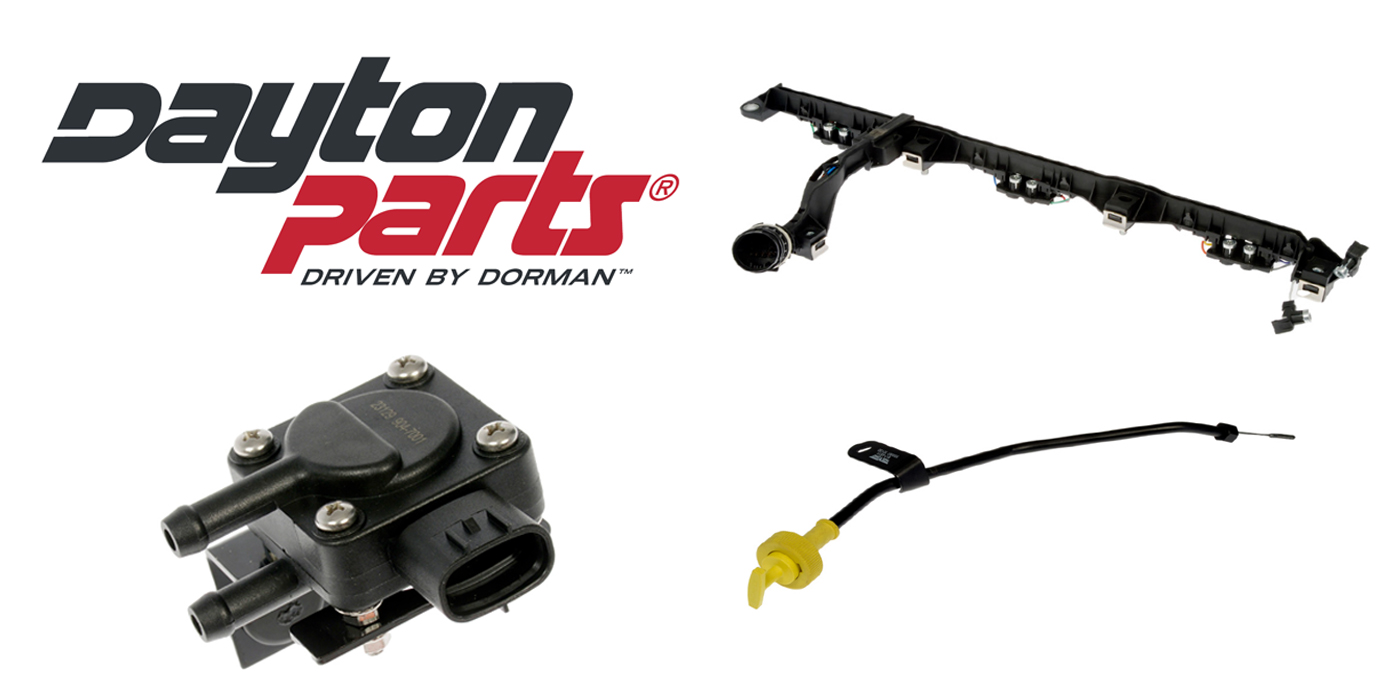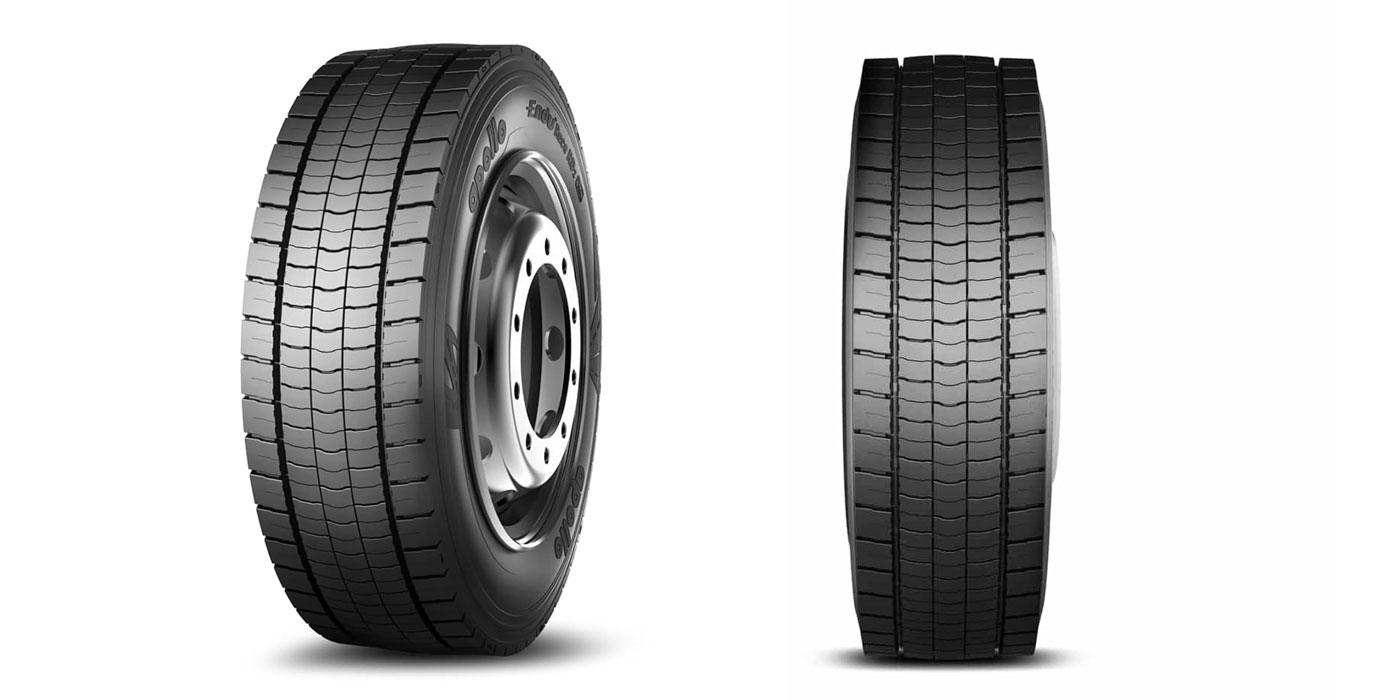There has been tremendous focused on alternative fuels, CO2 and fuel economy lately. I don’t know whether this recent spike in interest was started by those who worry about global warming or those who suffered through the record high fuel prices last summer.
The House recently passed a bill designed to give cash incentives for scrapping old (post-1984) gas guzzlers and purchasing new, more fuel-efficient vehicles. The cash incentives cover passenger cars and light trucks (less than 8,500 lbs.), and they range from $3,500 to $4,500*. The fuel economy improvement must be at least 4 MPG for cars (2 MPG for trucks). I didn’t notice a similar program for heavy-duty trucks.
Although I really don’t need a new car, I’d be an idiot not to take advantage of other taxpayers helping me purchase one. I think I’ll go purchase an old post-1984 heap for a few bucks and scrap it to get a new car.* I also doubt that I will be the only one who gets this idea!
The ATA should consider lobbying for the inclusion of Class 8 trucks in this program. I’m sure that would alleviate the downturn in the truck OE business. Of course, I don’t want to consider how all of this will be paid. Even President Obama has had to caution Congress to avoid legislation that cannot pay for itself.
On a more realistic note, the farm and green lobbies are losing some of their support for food-based biofuels. The European Union recently enacted legislation that requires over 40% of biofuels used to meet their 10% biofuels mandate by 2020 to be made not using food crops. This should drive development of second-generation biofuels. Europe seems to be more logical than the U.S. in regards to biofuels.
The Natural Resources Defense Council—one of the U.S.’s leading environmental advocacy groups—recently stated that they don’t see corn-ethanol being part of the future low-carbon fuels. This is one of the more intelligent statements made by an environmental advocacy group, and it should serve to place increased emphasis on the timely development of second-generation biofuels.
Until second-generation biofuels are readily available, most U.S. passenger cars will either have to be hybrids or utilize diesel fuel to meet reduced CO2 and fuel economy requirements. As I’ve said before, this is a double-edged sword for diesel fuel.
At the Geneva Motor Show, Volkswagen showed data that said its five-passenger diesel Polo got both better fuel economy and lower CO2 emissions than the Toyota Prius. We all realize this is factual, and we are aware that several vehicle manufacturers are planning to introduce diesel-powered passenger vehicles into the U.S. market as early as 2010.
When you compare the payback period for a hybrid vehicle (as much as nine to 10 years for a Prius) to the additional cost for diesel power, I think many may opt for diesels over hybrids.
We currently pay inflated prices for diesel fuel due to the fact that U.S. refineries are optimized for gasoline production. If light-duty diesel demand increases rapidly, diesel fuel prices will go through the roof! Our only hope is that refineries can increase diesel fuel production before diesel-powered vehicles become a significant portion of the U.S. light-duty vehicle population.
Next month we’ll talk about some interesting new developments in alternative fuels.
*Editor’s note: Strict trade-in rules apply for the Cash for Clunkers law. For more information, visit: www.allgov.com.

